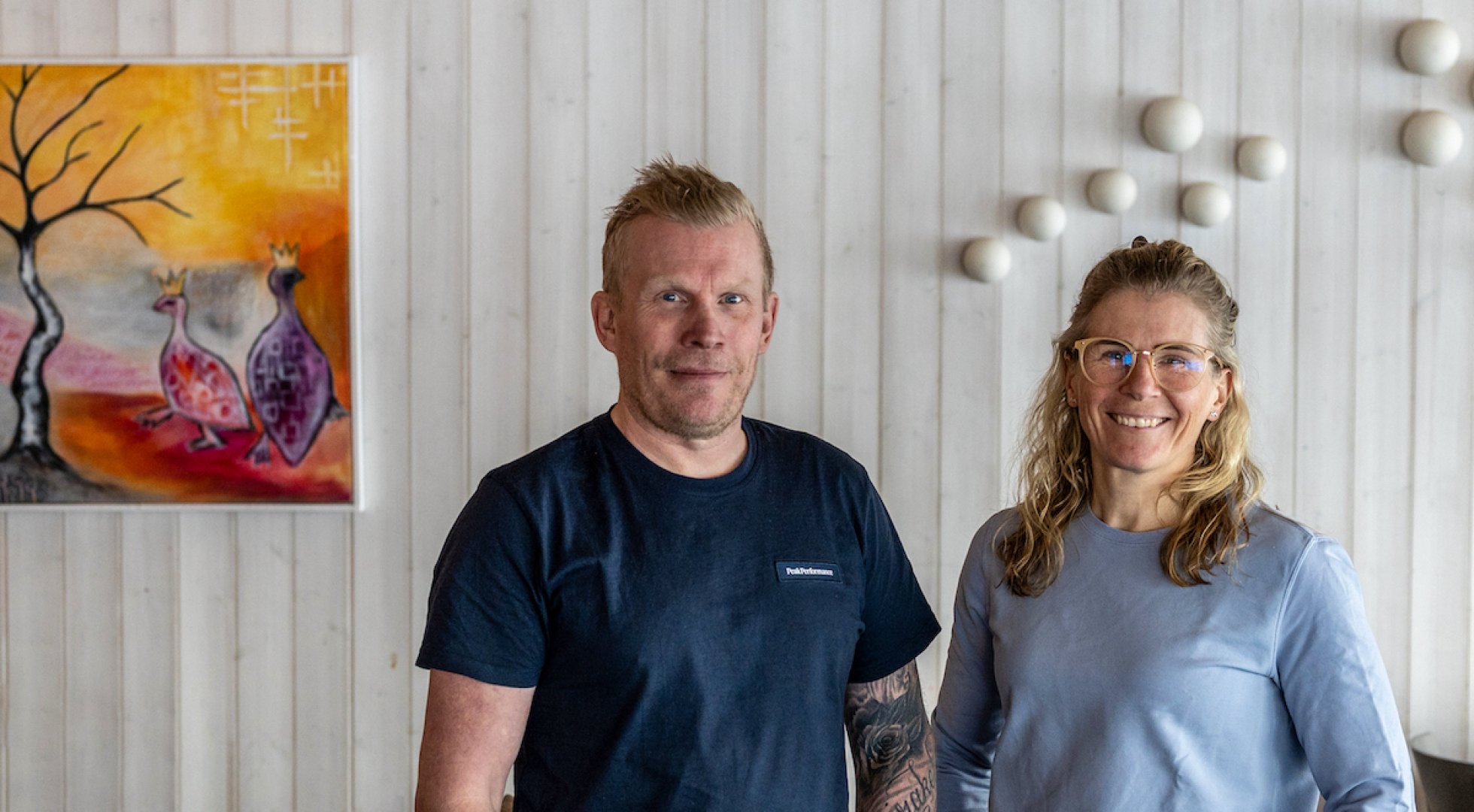
The Camp Ripan model – social responsibility, community engagement and climate awareness
Camp Ripan, which is nominated for Stora Turismpriset this year, has developed a comprehensive strategy for sustainability. The strategy, called the Camp Ripan model, focuses on long-term sustainability and genuine hospitality.
The model is based on three pillars that are in line with the UN Sustainable Development Goals. These are social responsibility, community engagement, and climate awareness. The fact that these three pillars are the cornerstone of the strategy can be seen in the fact that Camp Ripan invests in its staff and offers secure employment and career development. They engage locally by supporting local producers and they are constantly working to reduce their climate impact.
“Camp Ripan are role models in the industry, and with their hands-on approach, they have an even greater chance of inspiring others to follow suit,” says Camilla Bondareva, Head of Brand Communications, who helped develop the Swedish Lapland Visitors Board’s Arctic agenda Care for the Arctic, it’s our home.
In the motivation for the nomination for Stora Turismpriset, it says that “Camp Ripan runs an innovative business with a focus on sustainability and local collaboration” and this permeates the entire business. The focus is on giving guests an experience based on consideration and respect for nature, culture, and the people who work in the area.
“We have worked according to this model for a very long time, and have now chosen to make it visible to clearly show how we link sustainability work to the global goals”, says Frida Lind Oja, who owns and runs Camp Ripan together with her brother Dennis Lind.

Sustainability has always been a focus for the siblings, even if not explicitly.
“When we bought Ripan in 2002, people didn’t talk about sustainability in the way we do today. But when we sat down to discuss what we wanted to do, it became clear that we wanted to dig where we were and give guests a piece of Kiruna. Both Dennis and I love this place; we love the nature, and we love the culture. If you have that in you, you also have to take care of the place.”
In this way, sustainability work became a matter of course and is now part of the entire business. It is partly about reducing food waste and buying locally, but also about taking care of and training staff, carefully choosing suppliers, and helping guests to do the right thing. This has proven to be a recipe for success.
“This has proven to be a good concept and the financial sustainability has followed. From a turnover of seven million in 2002 to a turnover of 90 million today,” says Frida.
Camp Ripan has been Nordic Swan Ecolabeled since 2015 and is also labeled Nature’s Best and Sustainable Arctic Destination.
“The Nordic Swan Ecolabel is good because it gives us a framework to work within that we have to follow up every year. For our subcontractors, I usually recommend Sustainable Arctic Destination, which is a quality label from the Kiruna Lapland Association. It costs nothing except the time you put in, and even there you get a good framework to follow in your sustainability work.”
More reading
On December 3, we will find out if Camp Ripan will win Stora Turismpriset 2024.
Camp Ripan’s sustainability model can be found here.
Curious about the Ripan Code of Conduct? Click here for more information.





 Svenska
Svenska  English
English 

